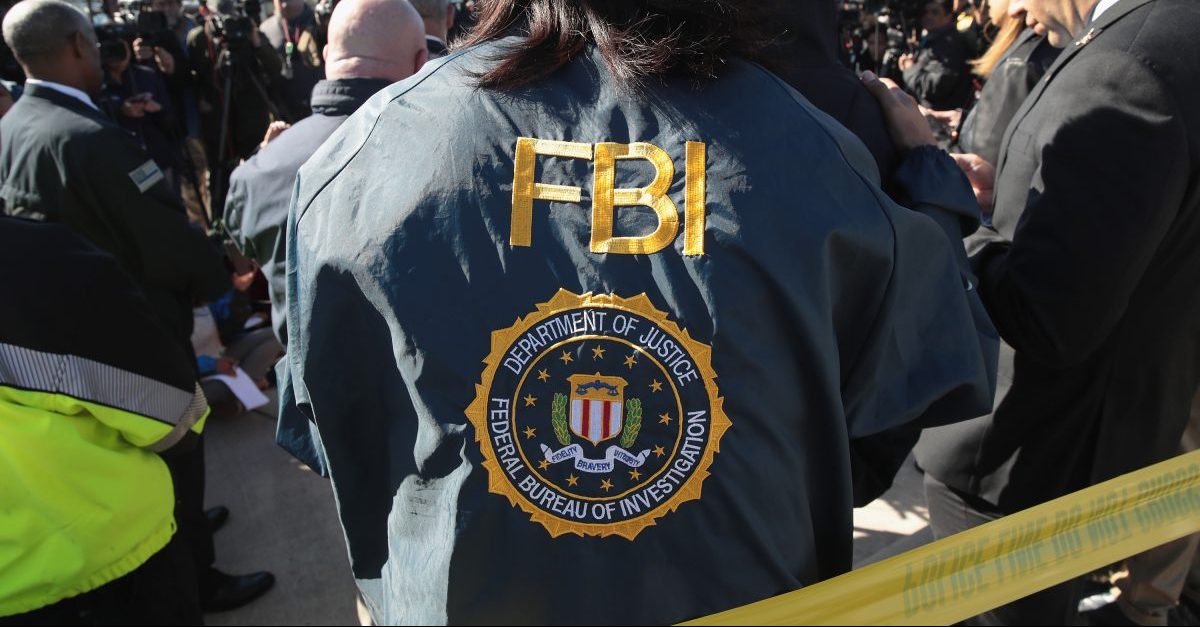
While the Justice Department’s Office of Inspector General (OIG) report may have debunked the conspiracy theories that the FBI’s investigation into the Trump campaign’s ties to Russia was motivated by political bias against the candidate, it also laid out a number of “fundamental errors” and glaring procedural oversights committed by the bureau in its investigation of former Trump campaign adviser Carter Page. National security law experts were disturbed by the findings.
“The IG’s report reflected a disturbing level of sloppiness and bureaucratic miscommunication in the pursuit and renewal of the Carter Page FISA applications,” national security lawyer Bradley P. Moss told Law&Crime.
Moss said that the errors did not prove fatal to the FBI’s application in this particular instance, but they did reflect larger problems with the FISA application process that must be addressed (you can read the IG’s conclusions and recommendations here).
“The report does not argue that, but for this sloppiness, the FISA warrant applications would have been denied. But that aside, given the serious and powerful nature of this surveillance authority, these types of errors cannot be countenanced and reforms need to be implemented to minimize them from happening again,” he said.
Asked on Wednesday whether the report vindicated former FBI director James Comey, who following the report’s release penned a scathing op-ed in the Washington Post, Inspector General Michael Horowitz rejected the notion outright.
“You know, I think the activities we found here don’t vindicate anybody who touched this,” Horowitz responded, adding that his office found “significant problems” relating to the FBI’s adherence to FISA protocols.
Lower than the standard for surveilling domestic criminal suspects, the Foreign Intelligence Surveillance Act (FISA) permits the federal authorities to obtain a warrant for electronic surveillance of U.S. citizens from the Foreign Intelligence Surveillance Court (FISC) if they can show probable cause that the target is an “agent of a foreign power” who is “knowingly engag[ing]…in clandestine intelligence activities.”
“In other words, the government has to show that the target might be spying for a foreign government or organization,” attorney and former FBI Special Agent and CNN analyst Asha Rangappa explained in a 2017 article about the process. “The FISA application then travels to the Justice Department where attorneys from the National Security Division comb through the application to verify all the assertions made in it. Known as ‘Woods procedures’ after Michael J. Woods, the FBI Special Agent attorney who developed this layer of approval, DOJ verifies the accuracy of every fact stated in the application.”
Rangappa was also critical of FBI failures that the OIG report identified.
The OIG report revealed that the Page warrant applications contained several glaring Woods procedures violations. While the bureau did not rely on the unverified claims contained in the Steele dossier, as many continue to incorrectly assert, it failed to provide the court with mitigating evidence that may have adversely affected the application.
Additionally, FISC courts have long been criticized by civil rights advocates as a mere rubber stamp layer bureaucracy, as the court only denied one government surveillance request out of more than 1,000 last year.
[Image via Scott Olson/Getty Image]
Have a tip we should know? [email protected]